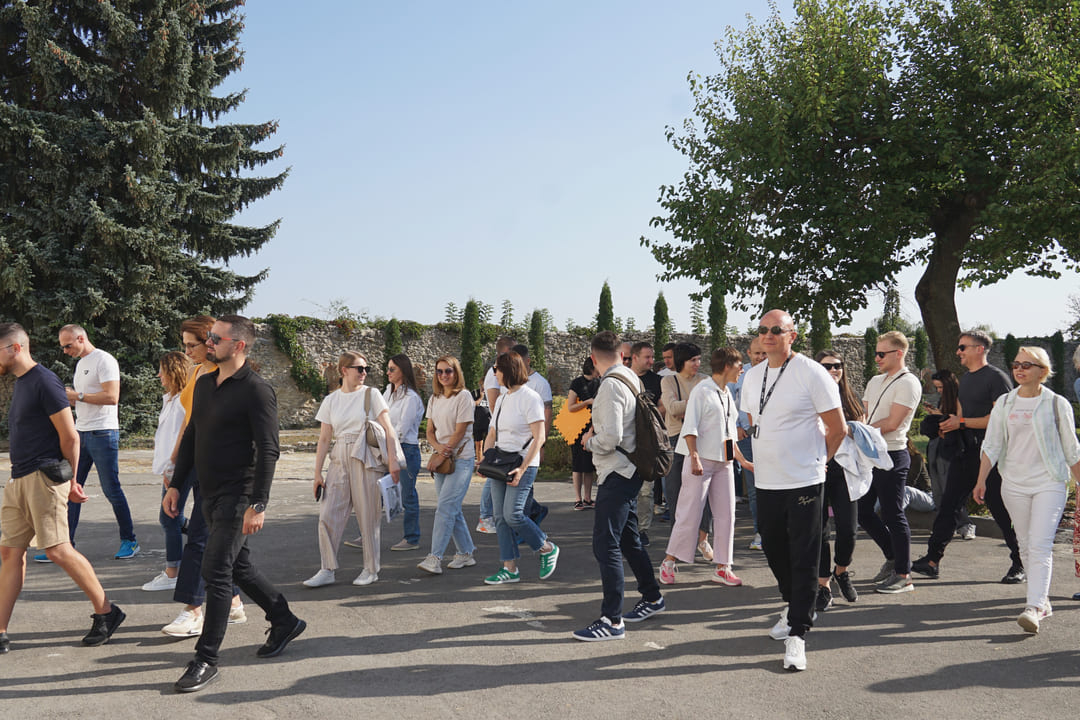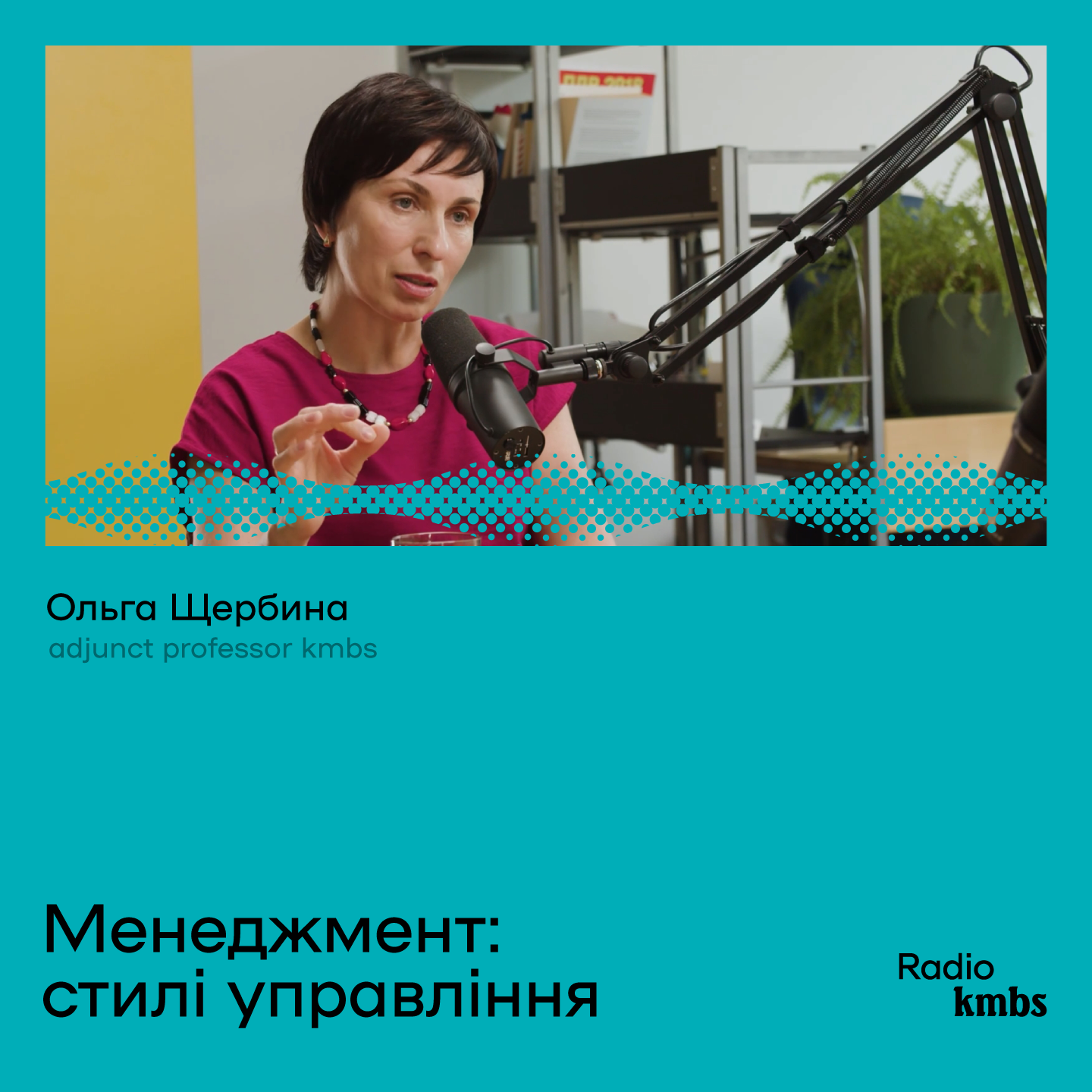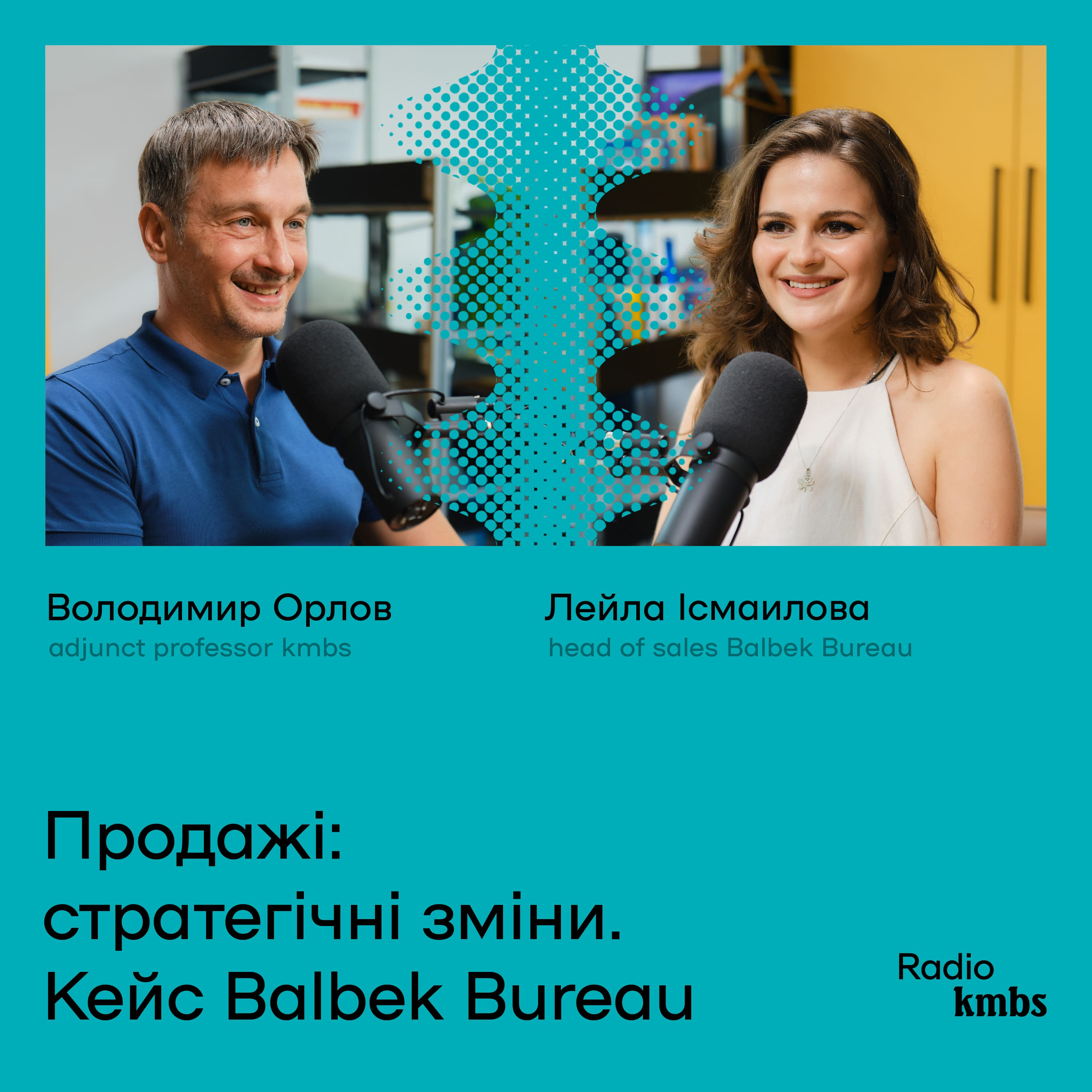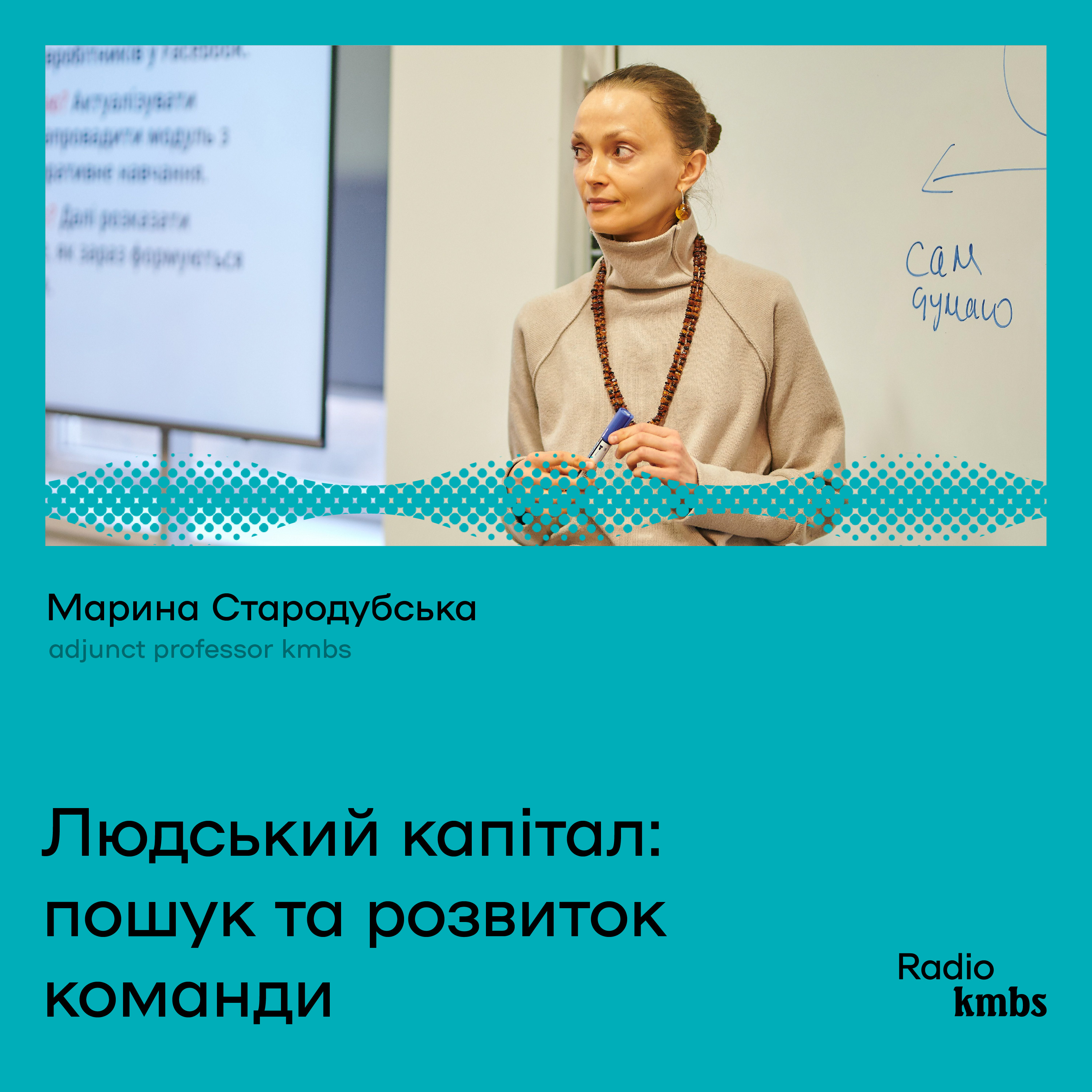Recently, members, alums, and the kmbs team had the opportunity to join a unique learning module. For three days, they studied one of the most critical factors in developing the state and the nation — the elite and its relationships.
There are specific people behind every phenomenon — a business, an artistic masterpiece, an independent state. Those who feel more responsible have more energy, capabilities, and dreams. It is customary to call such people leaders and the elite in a particular context. And if we use the metaphor of Cervantes and Lipinsky, they are quixotic. Despite everything, they create a new world and move it forward, even when everyone else considers it impossible.
This module was an attempt to show the inseparable connection between the Ukrainian elite, which has existed for 800 years, using the example of one region of Ukraine — Volyn. After all, in the 33rd year of the life of the restored Ukrainian state, we are waging a bloody war for the right to exist; it is essential to research history, the elite, and meanings. All that is laid in the foundation of Ukraine and our identity.
The participants explored three eras: the princely era and the complex relations between the Russian elite, with Lithuanian allies, Polish rivals, and Moscow enemies; the transition from the princely to the Cossack era (from 1460 to 1651) and the cases of the princes of Ostroh, the Vyshnevetsky family, the Ostroh and Kyiv-Mohyla academies and the Cossack state; and the 19th century with the examples of Vyacheslav Lipinsky, the Kosachi family and Lesia Ukrainka.
During the module, the participants paid attention to essential narratives that were deliberately erased from our memory by the Russian and Soviet empires and are now very helpful for the Ukrainian nation:
- Capability narrative. Capable people lived, dreamed, and acted on our territory. Until the 18th and 19th centuries, they did not identify as Ukrainians but as our predecessors. Studying powerful princely families, Cossack elites, and individual personalities, the module participants emphasized success, not suffering, poverty, and inability.
- Narrative of nobility. The people discussed in the module acted according to a specific moral code, acted nobly, and thought long-term. It was a full-fledged European nation that had its elite.
The participants learned these personalities, decisions, and mistakes — not to heroize someone, but to "own" them and try their actions on themselves. And, ultimately, to avoid their mistakes and build a common foundation for a prosperous Ukrainian state.
After all, as one of the module participants said at the traditional final reflection, "We have a consensus and consolidation to build a modern Ukrainian nation; we are looking for answers in the past and see that it is very diverse and not black and white." And it helps to conclude how to move in today's context.










